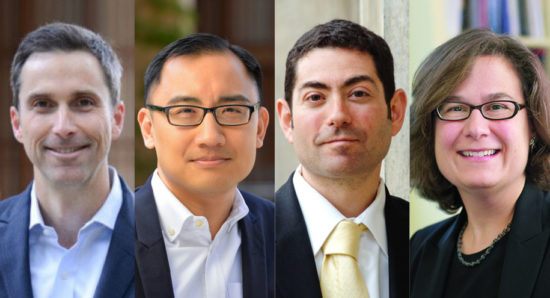What To Do About Artificially Intelligent Government

(This essay was first published in The Hill on February 25, 2020.)
The White House’s recent efforts to chart a national artificial intelligence (AI) policy are welcome and, frankly, overdue. Funding for AI research and updating agency IT systems is a good start. So is guidance for agencies as they begin to regulate industry use of AI. But there’s a glaring gap: The White House has been silent about the rules that apply when agencies use AI to perform critical governance tasks.
This matters because, of all the ways AI is transforming our world, some of the most worrying come at the intersection of AI and the awesome power of the state. AI drives the facial recognition police use to surveil citizens. It enables the autonomous weapons changing warfare.
(Continue reading the article on The Hill’s page here.)
David F. Engstrom and Daniel E. Ho are professors of law at Stanford University. Catherine M. Sharkey is a professor of law at New York University. Mariano-Florentino Cuéllar is a justice on the California Supreme Court and professor of law at Stanford University.
